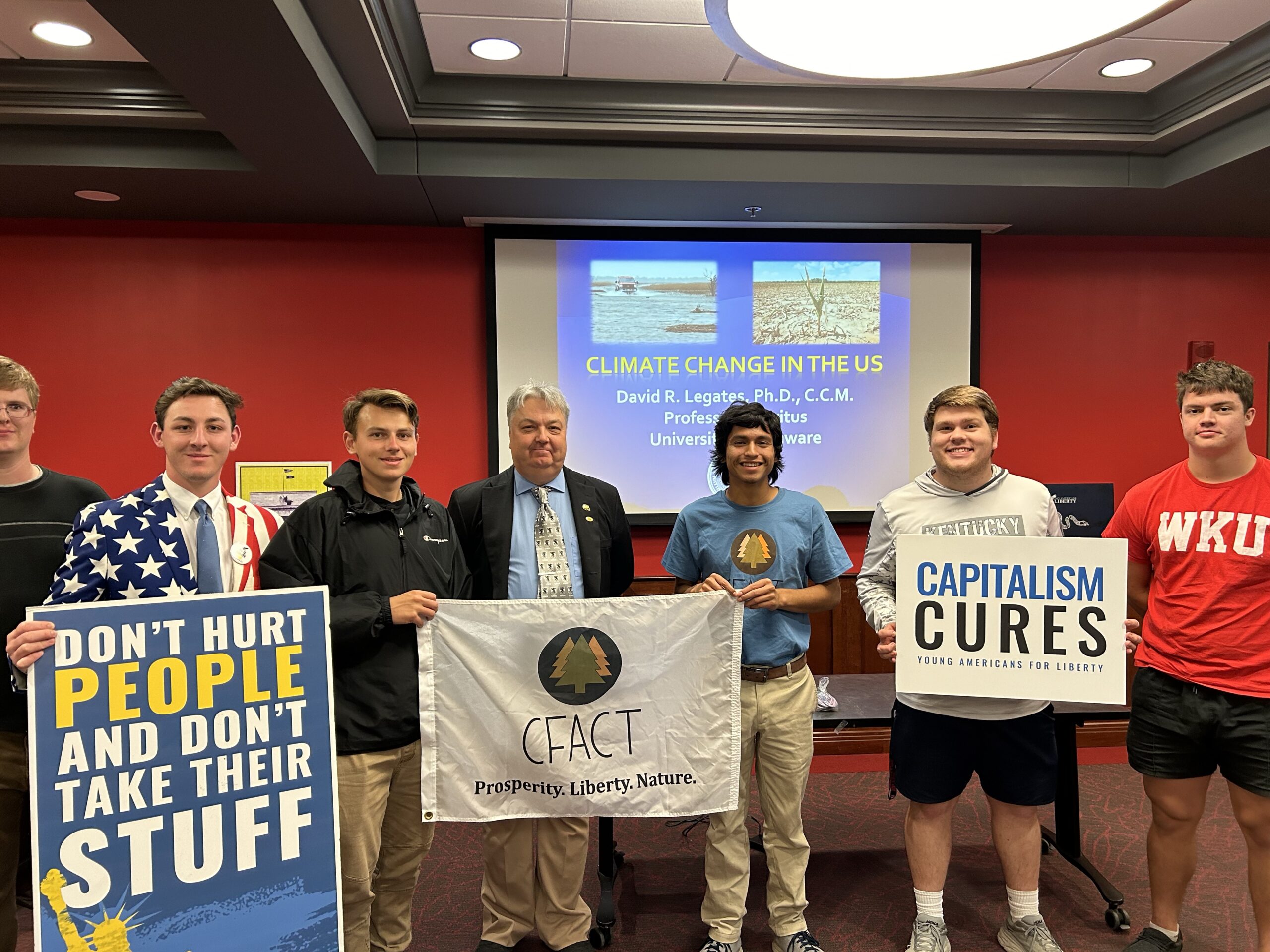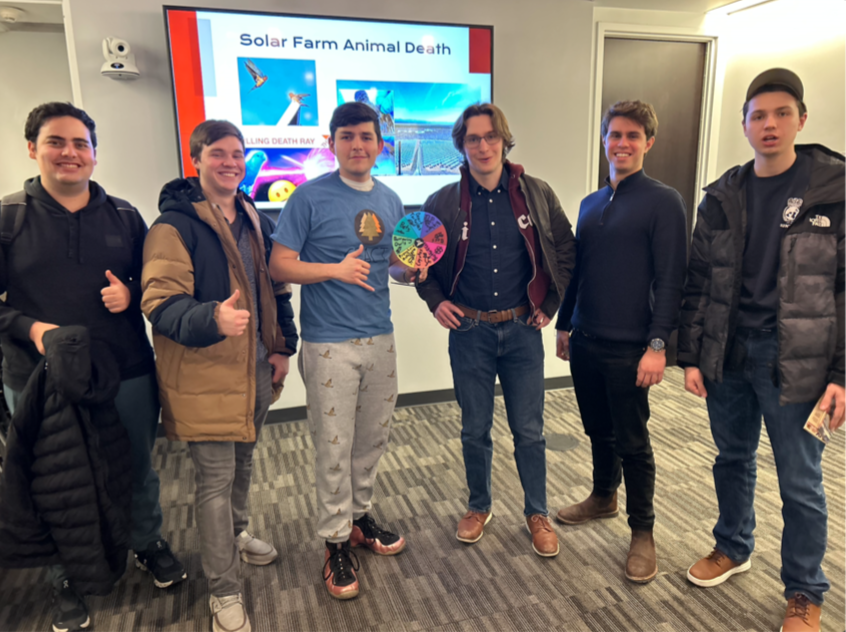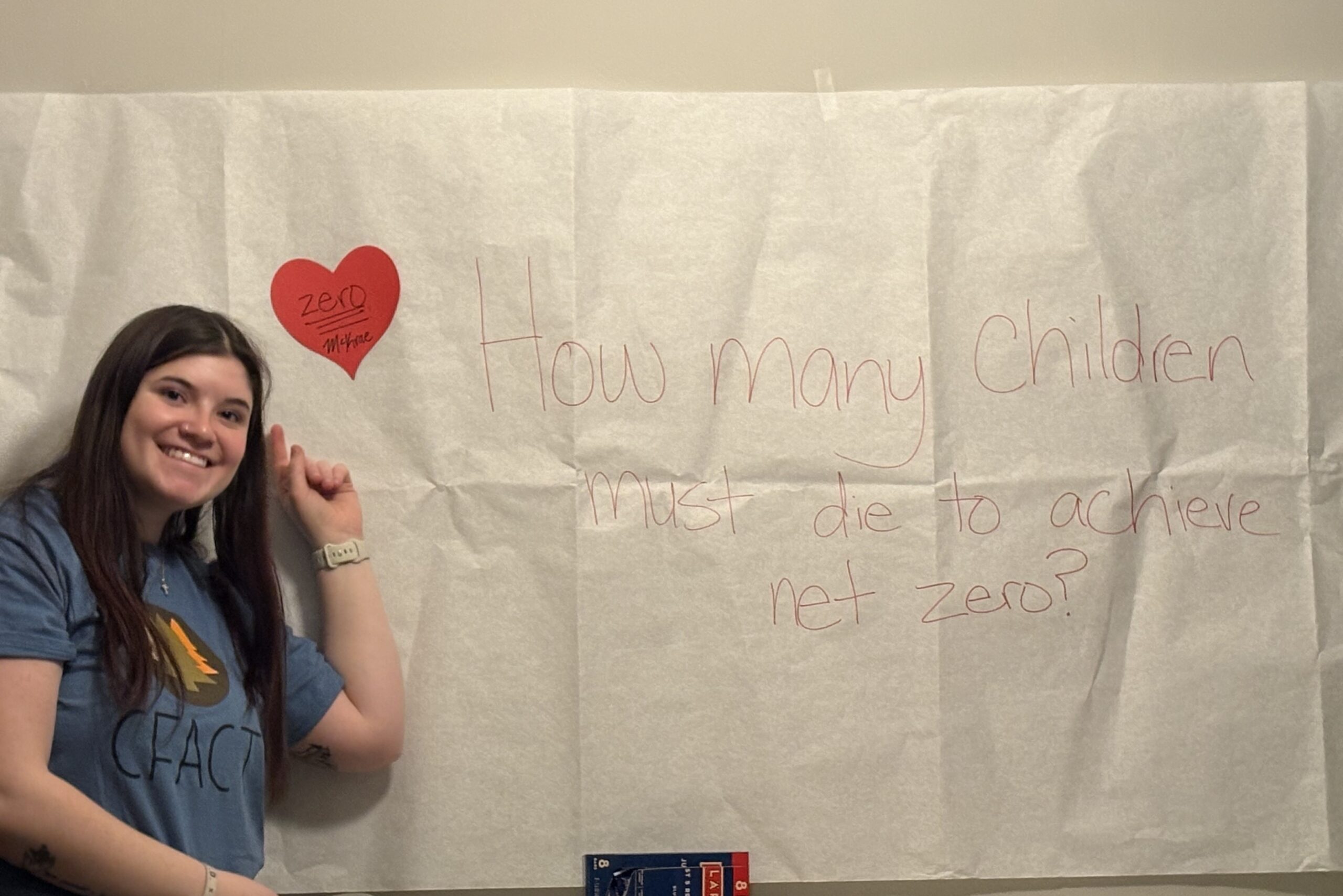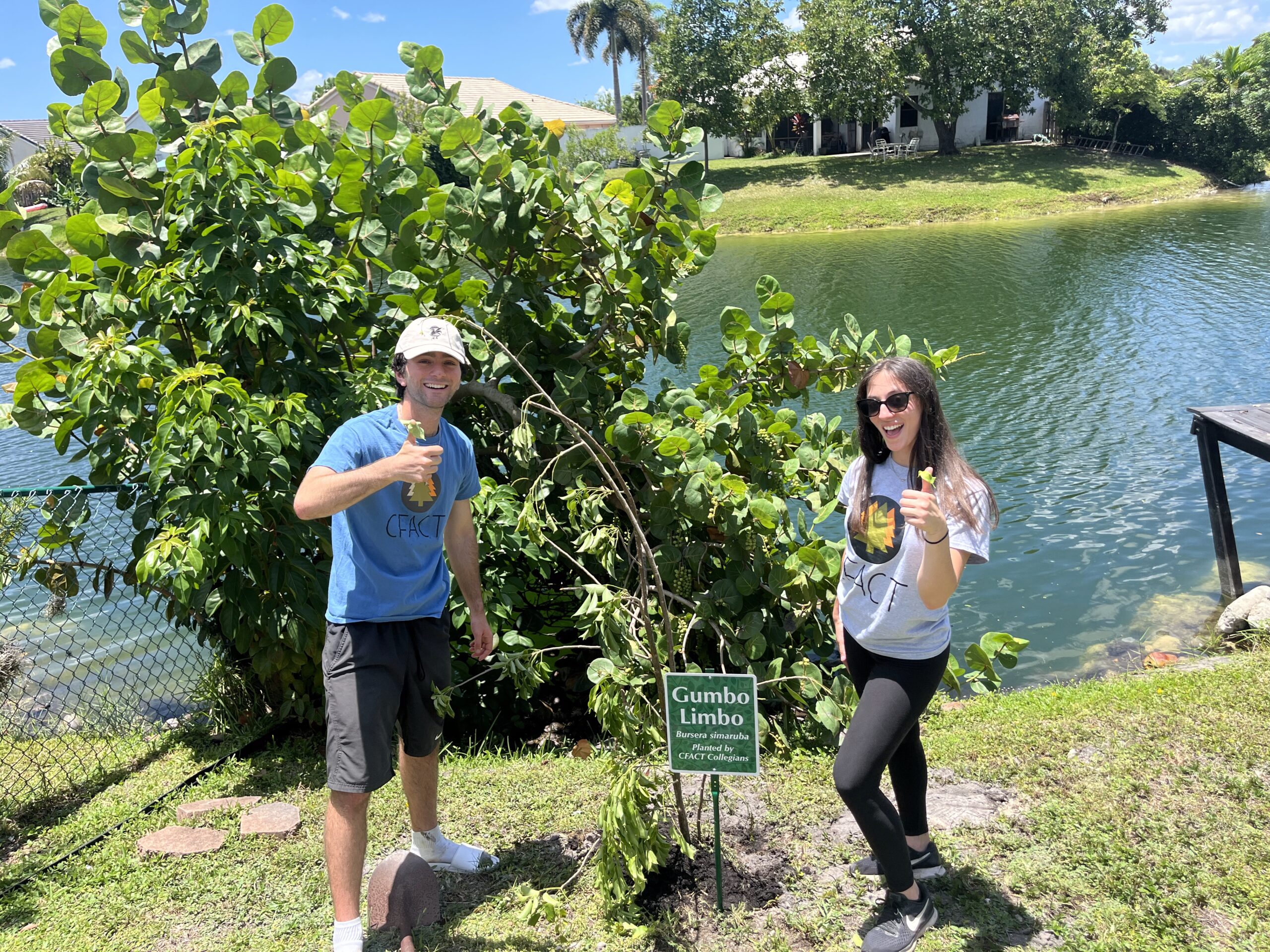Dr. David Legates got a warm reception at Western Kentucky University this past week as he addressed a joint audience of CFACT and Young Americans for Liberty (YAL). Legates is a retired professor and the former state climatologist for the state of Delaware. He additionally was appointed to serve in the National Oceanic and Atmospheric Administration by President Donald Trump.
Dr. Legates gave a superb presentation explaining the differences between competing theories on the issue of climate change. He clearly demonstrated how alarmists manipulate and cherry pick data by using graphs designed for visual impact rather than providing an accurate representation of climate trends. In short, they just utilize bad science.
The presentation was damning for the radical environmentalist position, which is likely why the school fought so hard prevent it from taking place. CFACT Driessen Fellow Gabe Chambers, who was responsible for organizing the event, went through all the proper channels to get the word out. He distributed flyers in free speech zones, got his flyer approved to be hung around campus, posted information about the event on the American Meteorological Society group chat (Gabe is a meteorology student and member of the AMS at WKU), and even advertised free pizza for attendees which YAL provided. Despite this, Gabe was hit with one roadblock after another. Said Gabe, “this event was very eye opening to me because I saw that even on a campus that most people would think to be generally conservative, censorship can still occur. I was disappointed to see because this was supposed to be an educational event for people to attend. As sad as it is some students may go their entire career in environmental science without hearing about climate change from the prospective that was presented.”
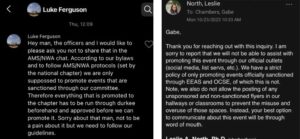
After the school approved the flyers to be hung up on campus Gabe was informed by Dr. Leslie North, Earth, Environmental, and Atmospheric Sciences (EEAS) Department Chair and WKU Director of Sustainability, that he would not be permitted to hang his flyers in the building with the students who would be most interested, namely the EEAS building. The department did not approve of the speaker or event and therefore they would not allow it to be displayed. This left him with just the option of “word of mouth” to get the word out. They defiantly did this even though the department boldly utilized every resource available to them to get a large audience to attend a talk given by Dr. Josh Wurman the week before. Dr. Wurman is most famous for his fanciful claim that he recorded the highest wind speed ever from a tornado, which he portrayed as evidence of “manmade climate change.” The problem with the storm chaser’s proclamation is it wasn’t true. He incorporated range folded data, which is, according to the National Oceanic and Atmospheric Administration, a faulty reading where a previous Doppler pulse, which missed its original target but happens to come back after a subsequent pulse, is sent out causing the earlier reading to be captured instead of the newer shot. This results in bad data (the operator can’t differentiate between the pulses so his calculations on time elapsed between pulsing and receiving the echo is not known). He later entered into a settlement agreement with the federal government over his organization’s grant fraud.
Additionally, the AMS group chat deleted all information regarding the CFACT event that had been posted. The group moderators, like the department, said they only permitted the advertising of events that they approve of. Not surprisingly, Dr. Legates, who is a longtime member of the AMS himself, was not an approved speaker. While this one probably passes the first amendment test as it is not a government institution making the decision, it echoes the emails leaked from the University of East Anglia in Climategate where institutions were making an organized, concerted effort to avoid the publication of opposing viewpoints regarding climate.
Even in buildings where he was allowed to post flyers, the Driessen Fellow would find them torn down or otherwise vandalized shortly after being hung. This was an especially prominent problem in the Political Science building where not a single flyer was spared the wrath of some anonymous person group who, apparently, didn’t want people to attend this informational talk.
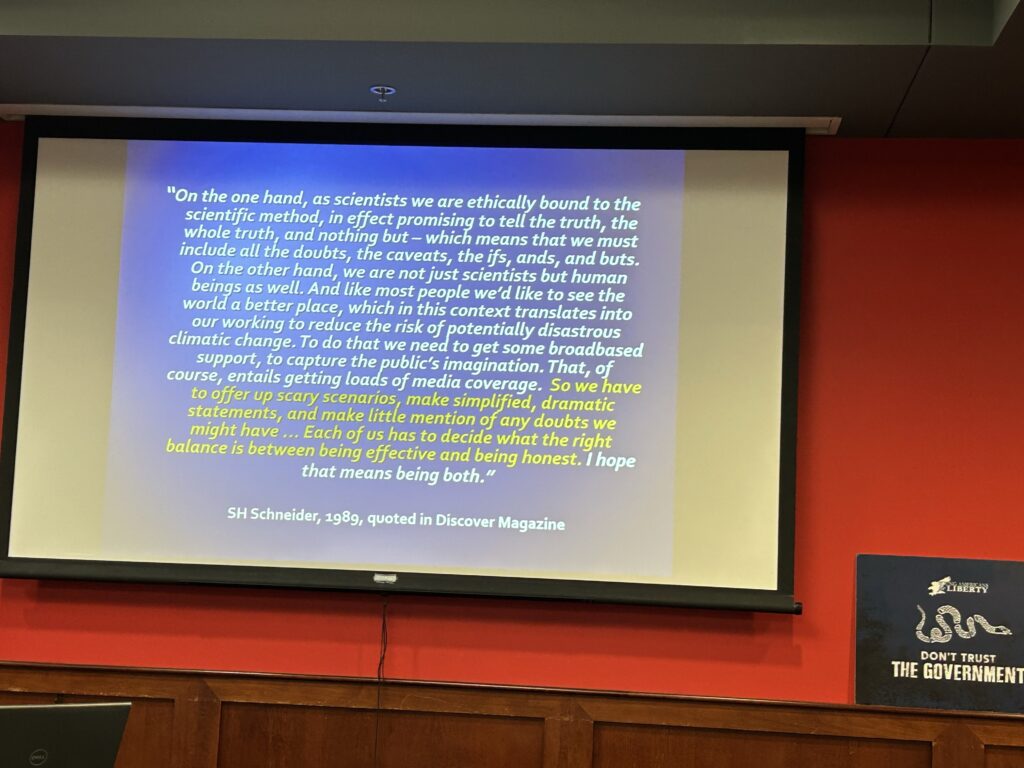
Public schools such as WKU might not like the message a student wants to disseminate but they should lobstruct it. CFACT’s National Field Director Greg Neff hopes that WKU will one day change its ways and allow for there to be open and honest debate on matters of science.
